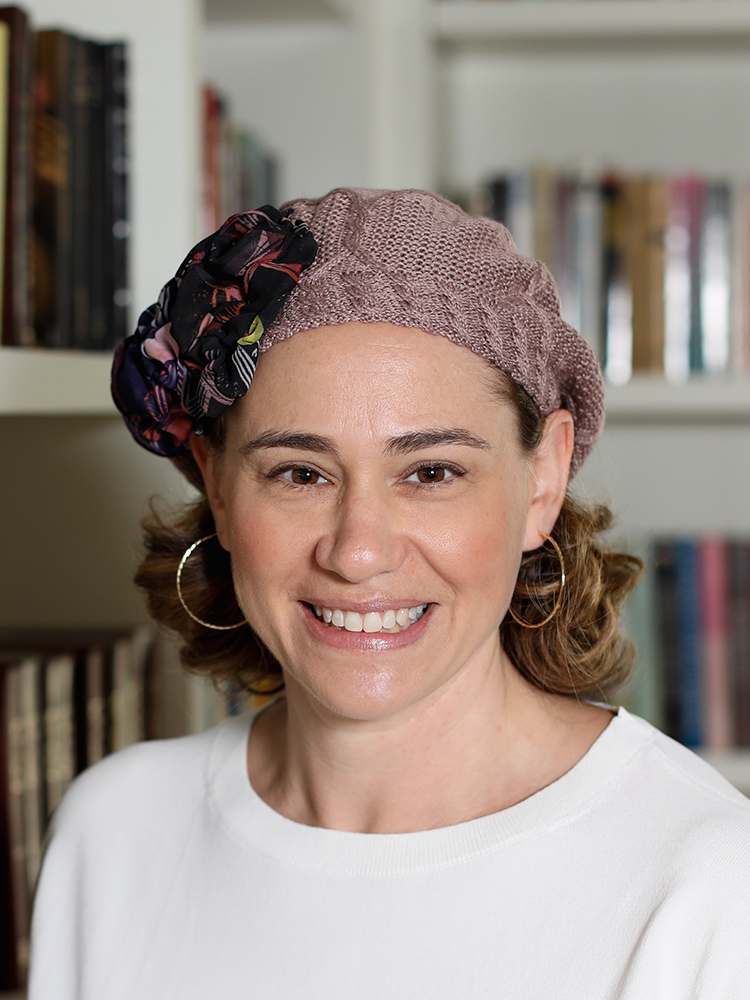Journal
Credits
View or Print Full
Journal in PDF

“Like”- Hate Relationships? Torah Perspectives on Social Media Use
Unless you live in an extreme community which shuns technology, most likely you, your children, or your students are active social media users. Through social
Of course, new social technologies have the potential to do good: to reconnect with old friends, raise awareness of social injustice or call out antisemitism. Yet, a few recent studies have revealed that online relationships and conversations can’t replace real-life
Friendship, Positive Speech and Torah Values
It is a Jewish value to be social and interact with others and to nurture
Another side effect of the increase in online
The ability to communicate is the defining character of humankind. In Bereishit, Targum Onkelos translates
Regarding the loss of the art of respectful debate, Hillel and Shammai, are held up as the model par excellence of
This is not to say that all beliefs are acceptable and worthy of respectful debate. Racism, hate-speech,
Practical Suggestions
Before we attempt to teach our students about the importance of friendship and the pitfalls of overuse of social media, and before we provide skills for introspection for how we speak online and how to increase our ability to listen to those we disagree with, we need to take a moment to think about our own behavior. How many of us speak regularly with a friend with whom we don’t see eye to eye on significant issues? How do we balance the friendship so that we talk about what we have in common at least as much as subjects on which we differ? Let’s take a look at our own relationship with technology. How much time do we spend on Facebook, Whatsapp, and Instagram, and how does that compare to the amount of time we spend with friends and family in a “notification-free” environment?
Now, the students. The sources and articles provided here are a good springboard for conversation about smartphones, friendship, happiness
- Students log their social time/phone use for a week or a month, to establish awareness of their own behavior.
- Research shows that designated “technology-free” time can balance out some of the negative side effects of social media time. Families can be brought into this project, and goals can be suggested such
as: no phones atmeal time , no Internet after __ time at night, etc. Moreover, this is an opportunity to teach about the beauty of Shabbat, a built-in day every week where we turn off the phone, for our benefit. - Engaging in
healthy , respectful debate on Israel, politics, and other subjects in the classroom and developing good practices for respectful debate. - “Gratitude journaling/sharing” a concept developed by positive psychologists, where students write down 3 things they are grateful for each day, a practice
known to have a direct benefit on people’s happiness levels. Or, beginning the day with students saying something positive about another student, a practice which enhances relationships and positivity.
Conclusion
A friend of mine recently shared with me that when she has family get-togethers she tries to avoid talking about a number of subjects she feels passionately about because other family members strongly disagree with her beliefs and neither side can understand the perspective of the other. This is representative of a greater breakdown in our society, where people are losing the ability to talk to anyone who does not see eye to eye with them. People are living in their own echo chambers, reinforced by virtual relationships, which are not strong enough to satisfy the natural human need for true, deep friendship. By creating and modeling good practices in the classroom, Jewish educators can play our part in imporving the lives and happiness of our students, who can in turn each have their own positive impact on the world

Karen Miller Jackson
Karen Miller Jackson is a Jewish educator, who recently completed Matan HaSharon’s Morot l’Halakha program for women’s advanced halakha learning. She develops educational content for Lookstein Virtual and also directs Kivun l’Sherut, a guidance program for religious high school girls before

